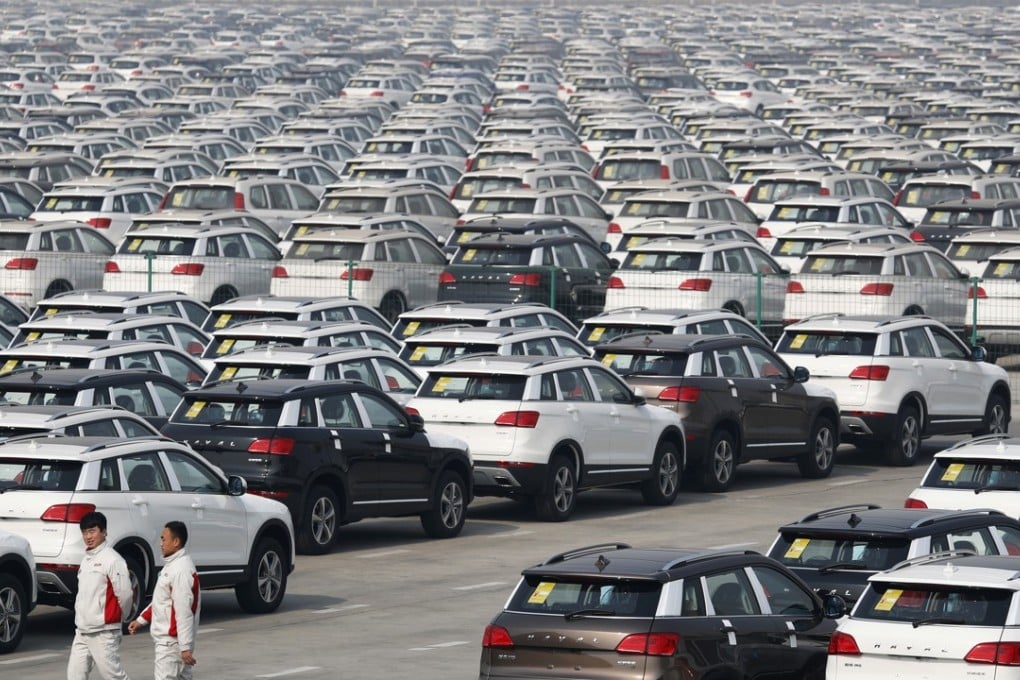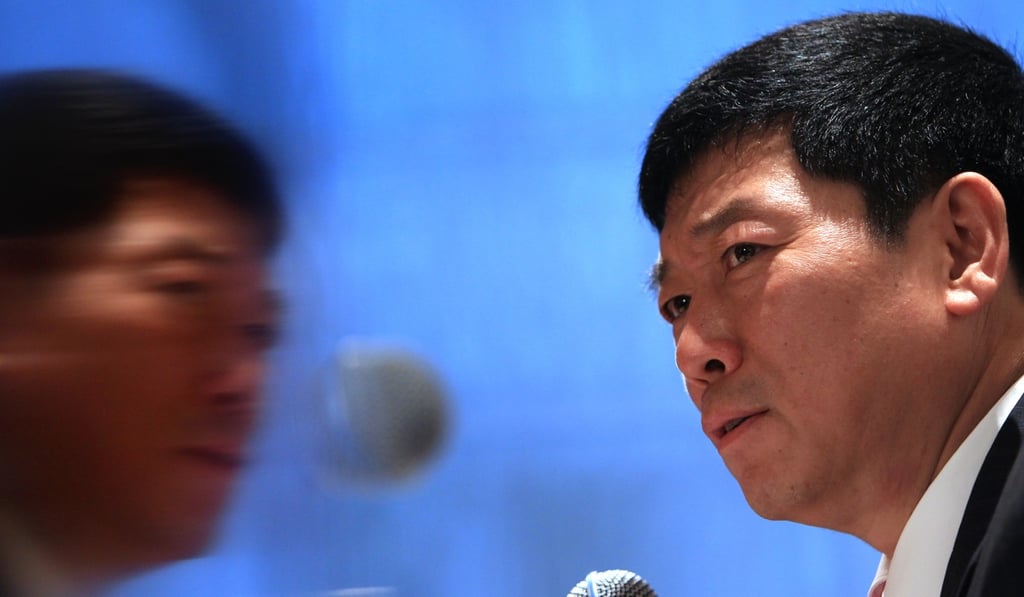Advertisement
Great Wall plans major foray into North America with mid-size SUV starting at just US$12,870
Great Wall actively seeking to set up a production line in the North America, to build SUVs for the world market
2-MIN READ2-MIN

Daniel Renin Shanghai
Great Wall Motor, maker of the mainland’s best-selling sport-utility vehicle (SUV), is targeting sales of 100,000 vehicles overseas by 2020, as it revs up its outbound drive in an effort to become the international poster boy of the giant Chinese automotive industry.
Wei Jianjun, chairman of the Hebei province-based firm, said Great Wall is actively seeking to set up a production line in the North America, to build SUVs for the world market, after the recent launch of its new high-end “Wey” brand.
Great Wall’s first overseas plant, in Russia, is expected to start operation in 2019.
Advertisement
“We have set our goal to expand into the United States,” he said. “That goal won’t change and in 2018 or 2019, all our products will be targeted at global markets.”

Advertisement
Great Wall, which sold 1.07 million vehicles last year buoyed by the best-selling “H6” model, currently reports exports of less than 30,000 units a year.
Advertisement
Select Voice
Select Speed
1.00x